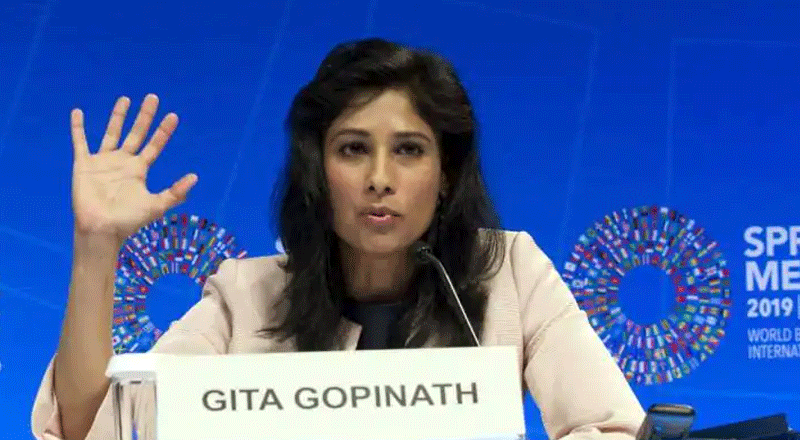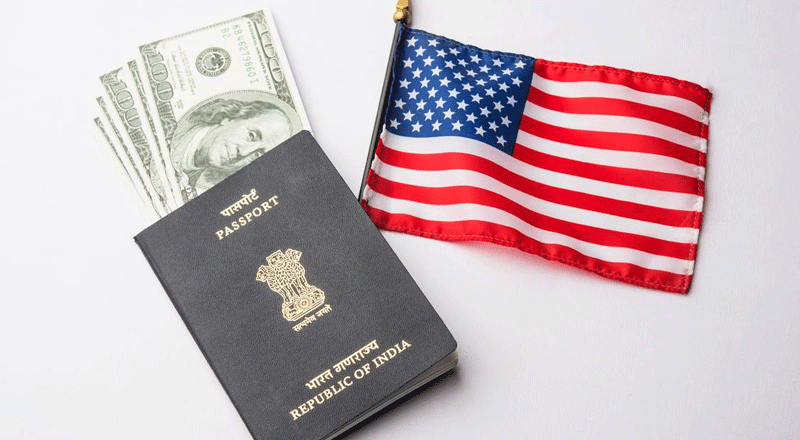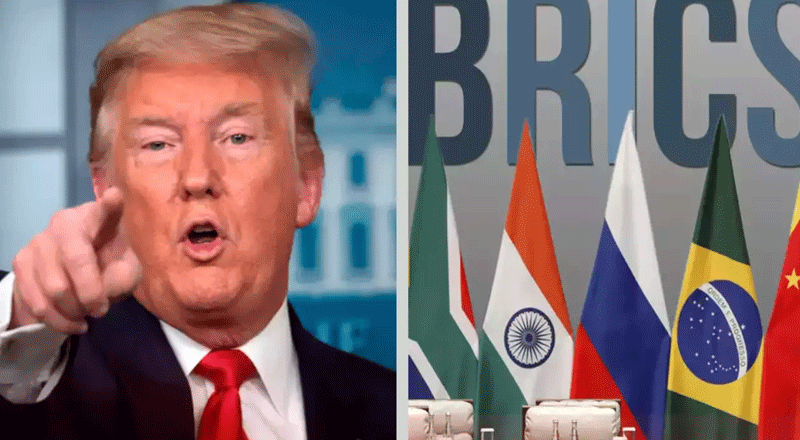Gita Gopinath, the International Monetary Fund’s (IMF) Chief Economist said on Tuesday that India has emerged from a “very tough second wave” of COVID-19.
She was speaking at the release of the flagship IMF World Economic Outlook (WEO) report that showed India continuing to be the world’s fastest growing major economy clocking a growth rate of 9.5 per cent this fiscal year and 8.5 per cent in the next.
Briefing reporters at the release of the report in Washington, Gopinath said, “India came out of a very, very tough second wave and that led to a big downgrade in July but we have no change. India is doing well in terms of vaccination rates and that’s certainly helpful,” she said.
She however noted that India does face many challenges. “As of now, you know there are many challenges that the Indian economy always faces with regard to the financial market, with regard to the fact that the virus has not gone yet.”
Asked if the large fiscal deficit in India was a major concern, Malhar Nabar, the Deputy Division Chief in IMF Research Department, said, “We think that there’s still room to provide more support if needed, if the pandemic takes a turn for the worse, and to provide it in a targeted manner to the worst affected households and firms,” he said. “But going forward over the medium term, it would be important to put in place, credible, medium term strategy to bring down the debt to GDP ratio and create space to meet the future development needs and infrastructure needs,” he added.
The WEO said that India’s COVID-battered economy had shrunk by 7.3 per cent in the last fiscal. Its long-term forecast for India’s GDP growth is 6.1 per cent in 2026. In the WEO tables, China followed India with eight per cent this year and 5.6 per cent the next, while the UK came next with 6.8 per cent growth this year, followed by France at 6.5 per cent, and the US at six per cent. The global economy is projected to grow 5.9 per cent in 2021 and 4.9 per cent in 2022 — 0.1 percentage point lower for 2021 than in the July forecast.
Gopinath, in her foreword to the WEO, said, “The global recovery continues but the momentum has weakened, hobbled by the pandemic. Fuelled by the highly transmissible Delta variant, the recorded global Covid-19 death toll has risen close to 5 million and health risks abound, holding back a full return to normalcy. Pandemic outbreaks in critical links of global supply chains have resulted in longer-than-expected supply disruptions, further feeding inflation in many countries. Overall, risks to economic prospects have increased, and policy trade-offs have become more complex,” she warned.





